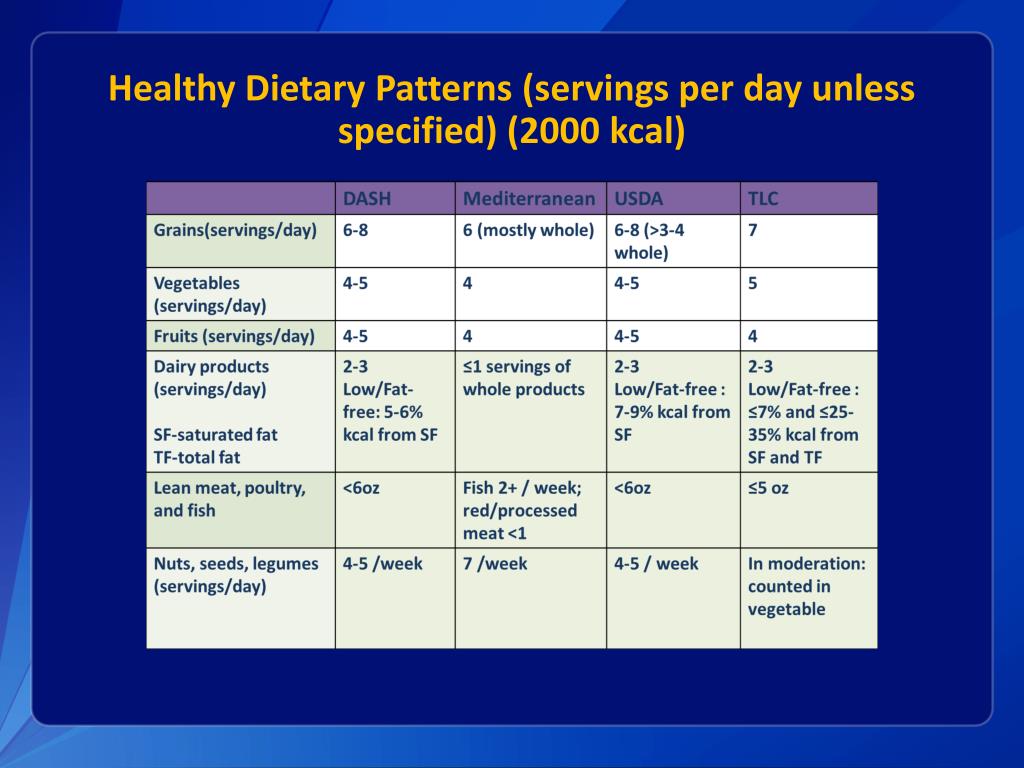

1 However, frequent use of these agents has led to continual scrutiny of their safety and ongoing debate about their role in therapy. With a variety of generic options on the market and strong evidence backing their use, statins are some of the most widely prescribed medications in the world. The cornerstone of dyslipidemia treatment involves the use of 3-hydroxy-3-methylglutaryl-coenzyme A reductase inhibitors, more commonly known as statins. Individualized patient-care plans can be developed based on data from important clinical studies, differences in guidelines, and current management recommendations for two major adverse events associated with statin use. With six statins available generically, the selection of an appropriate agent may be determined based on drug-specific factors, including dosing considerations, drug interactions, and adverse events. doi: 10.1161/01.CIR.0000131517.20177.5a.ABSTRACT: Statins are a class of medications widely used for primary and secondary prevention of cardiovascular events. Beneficial cardiovascular pleiotropic effects of statins. Pleiotropic effects of statins on the cardiovascular system. 2019 ESC/EAS Guidelines for the management of dyslipidaemias: Lipid modification to reduce cardiovascular risk: The Task Force for the management of dyslipidaemias of the European Society of Cardiology (ESC) and European Atherosclerosis Society (EAS) Eur. Mach F., Baigent C., Catapano A.L., Koskinas K.C., Casula M., Badimon L., Chapman M.J., De Backer G.G., Delgado V., Ference B.A., et al.

2018 AHA/ACC/AACVPR/AAPA/ABC/ACPM/ADA/AGS/APhA/ASPC/NLA/PCNA guideline on the management of blood cholesterol: A report of the American College of Cardiology/American Heart Association Task Force on Clinical Practice Guidelines. Grundy S.M., Stone N.J., Bailey A.L., Beam C., Birtcher K.K., Blumenthal R.S., Braun L.T., De Ferranti S., Faiella-Tommasino J., Forman D.E., et al. The effects of lowering LDL cholesterol with statin therapy in people at low risk of vascular disease: Meta-analysis of individual data from 27 randomised trials. Mihaylova B., Emberson J., Blackwell L., Keech A., Simes J., Barnes E.H., Voysey M., Gray A., Collins R., Baigent C. In conclusion, among patients admitted with ACS, pretreatment with HIST was independently associated with a lower probability of STEMI presentation, while LIST and LDL-C < 70 mg/dL were not.Īcute coronary syndrome low-density lipoprotein cholesterol myocardial infarction primary prevention secondary prevention statin. Multivariate analysis revealed that HIST was independently associated with lower STEMI presentation (OR adj 0.70 95% CI 0.57-0.86), while LIST (OR adj 0.92 95% CI 0.77-1.10) and LDL-C < 70 mg/dL (OR adj 0.96 95% CI 0.82-1.14) were not.

Statin pretreated patients were older and had a higher rates of co-morbidities, cardiovascular disease history and pretreatment with evidence-based medications. NSTE-ACS was calculated by statin use, including statin intensity (high-intensity statin therapy (HIST) and low-intensity statin therapy (LIST) prior to the index ACS event. Data were drawn from the ACS Israeli Survey (ACSIS), a biennial prospective national survey that took place in 2008-2018. This study investigated the association between contemporary statin pretreatment intensity, low-density lipoprotein cholesterol (LDL-C) levels, and the type of acute coronary syndrome (ACS) presentation: STEMI vs. Constituting hypolipidemic and pleiotropic effects, statins stabilize coronary artery plaque and may prevent STEMI events.


 0 kommentar(er)
0 kommentar(er)
